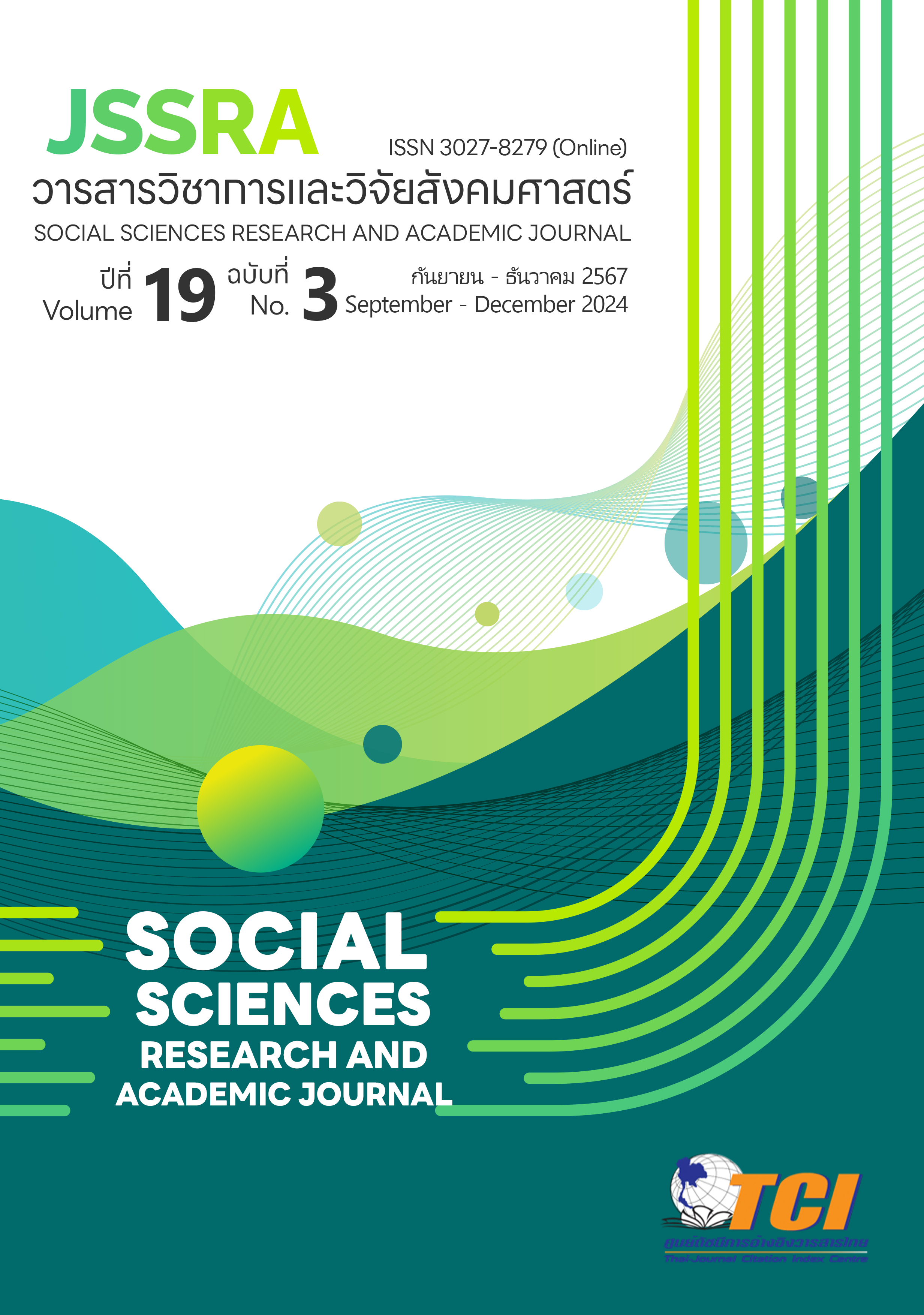Choosing the Right Routes: Vocabulary Learning Strategies for Diverse EFL Learners
Main Article Content
Abstract
The main aim of this article is to analyze different vocabulary learning strategies for EFL learners. This article categorizes these strategies into five key areas: Determination, Social, Memory, Cognitive and Metacognitive strategies. Each category is examined in detail, including a discussion of both the benefits and challenges associated with the strategies. The article highlights how these strategies can be adapted to different types of vocabulary, including general, academic and technical words, and how they can be tailored to the individual needs of learners. The significance of this article lies in its potential to inform educators about effective vocabulary teaching practices and to contribute to research in the field of vocabulary acquisition.
Article Details
References
Bilen, D. and Tavil, Z. M. (2015). The Effects of Cooperative Learning Strategies on Vocabulary Skills of 4Th Grade Students. Journal of Education and Training Studies, 3(6). 151-165.
Chung, T M., & Nation, P. (2004). Identifying technical vocabulary. System, 32(2), 251-263. https://doi.org/10.1016/j.system.2003.11.008
Coxhead, A. (2000). A New Academic Word List. TESOL Quarterly, 34(2), 213-238.
Laufer, B. (1997). The Lexical Plight in Second Language Reading: Words You Don’t Know, Words You Think You Know, And Words You Can’t Guess. In Coady, J. & Huckin, T. (Eds.), Second Language Vocabulary Acquisition. (pp. 20-34). Cambridge: Cambridge University Press.
Nation, P. (2001). Learning Vocabulary in Another Language. Cambridge: Cambridge University Press.
Nation, P. (2006). How Large a Vocabulary is Needed for Reading and Listening?. The Canadian Modern Language Review, 63(1), 59-82.
Norhasanah, N., Yusuf, F. N., and Suherdi, D. (2022). EFL Learners’ Preferences and Perspectives on Learning Styles, Language Literacy. Journal of Linguistics, Literature, and Language Teaching, 6(2), 382-399.
O’Malley, J. M., and Chamot, A. U. (1990). Learning Strategies in Second Language Acquisition. Cambridge: Cambridge University Press.
Pavadai, S. and Shah, P. M. (2019). Identifying ESL Learners’ Use of Multiple Resources in Vocabulary Learning. Creative Education, 10(13), 3483-3490.
Santillan, J. P. and Daenos, R G. (2020). Vocabulary knowledge and learning strategies of senior high school students. Horizon Research Publishing, 8(6), 2474-2482.
Schmitt, N. (1997). Vocabulary learning strategies. in Schmitt, N. and McCarthy, M. (Eds.), Vocabulary: Description, Acquisition, and Pedagogy. (pp. 199-227). Cambridge: Cambridge University Press.
Slavin, R. E. (1995). Cooperative Learning: Theory, Research, and Practice. Allyn and Bacon.
Suryati, I., Ratih, K. and Maryadi, M. (2024). How Can Teachers Tailor Success? Innovative Strategies for Content, Process, And Product in EFL Classrooms. Voices of English Language Education Society, 8(1), 150-162.
Vygotsky, L. (1978). Mind in Society: The Development of Higher Psychological Processes. Cambridge: Harvard University Press.
West, M. 1953. A General Service List of English Words. Longman, Green and Co.
Zahrani, S. M. A., & Chaudhary, A. (2022). Vocabulary Learning Strategies in ESP Context: Knowledge and Implication. Arab World English Journal, 13(1), 382-393.


